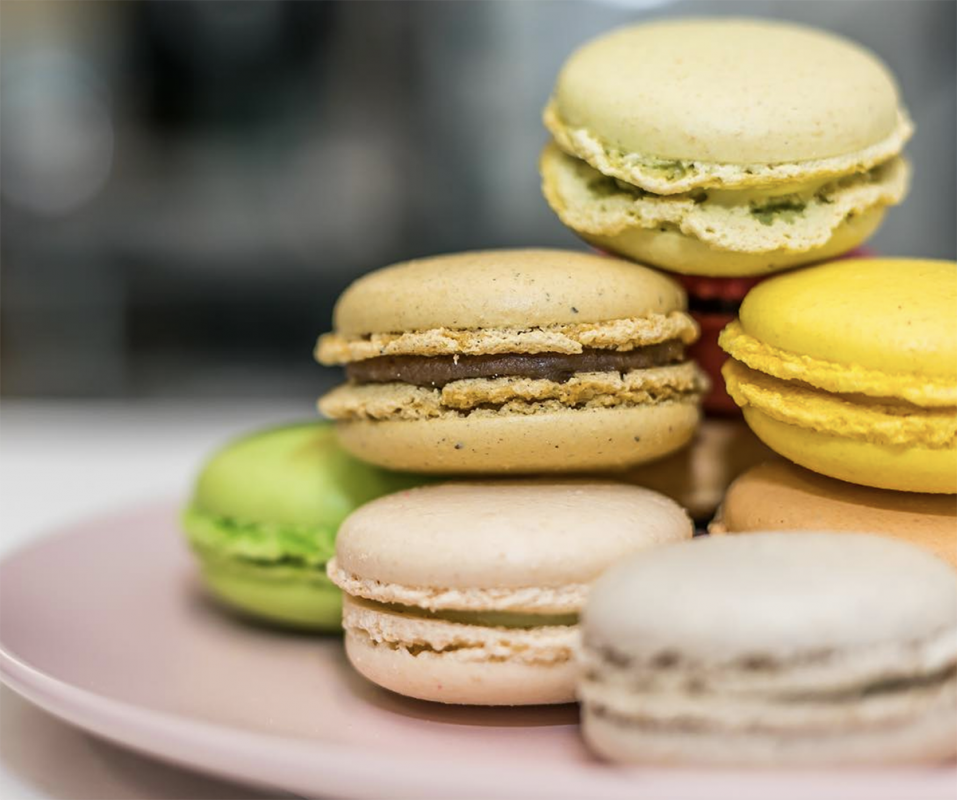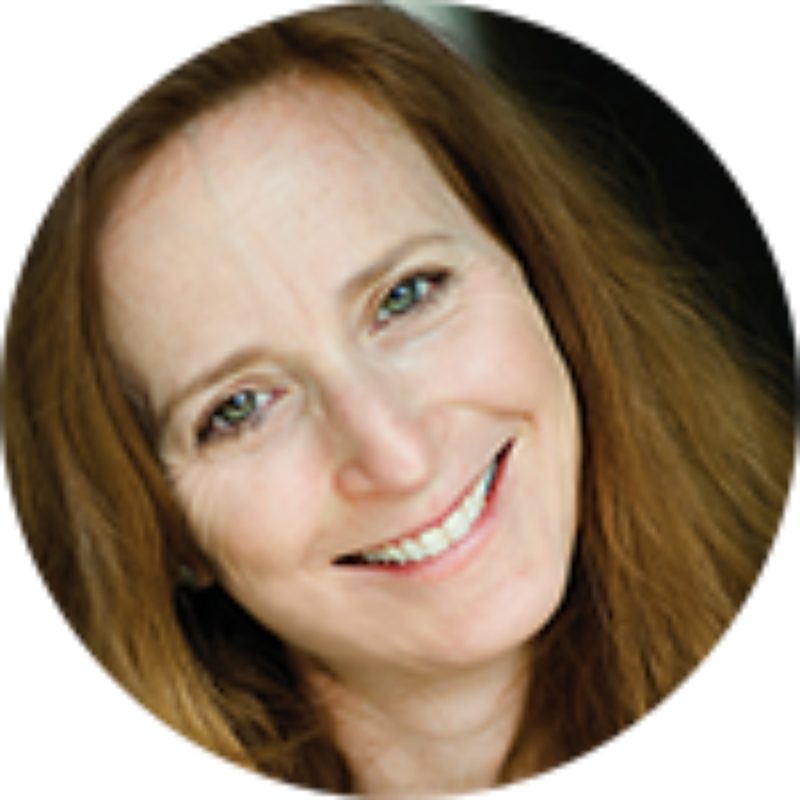
Husbands and co-owners Manuel Sanchez and Dane Thibodeaux have each bring their individual talents to Sacré Sucré, the Fells Point sweets shop that specializes in classic French macarons and fanciful desserts that taste as good as they look.
Sanchez, who formerly worked in cybersecurity, works in the kitchen, while Thibodeaux studied culinary arts at Johnson & Wales University in Rhode Island, works in the front of the retail space, making artisanal cups of loose-leaf tea and hawking the pastries.
We caught up with them on Monday morning, a rare day off from making—and selling—1,200 to 1,500 macarons a week.
How did you come to open up this sweet’s shop?
Manuel Sanchez: Some people think we just woke up one day and decided to do this. We’ve always made stuff at home I started trying to bake bread at home. Dane has always been super hands on about making food from scratch, like pasta and jams. I got started with bread, but it never really took off. It’s very difficult to make at home because of the oven temperature and you need a lot of equipment.
How did you learn to bake?
MS: It’s funny because my mom used to bake cakes, but I was never involved in the kitchen. Still, I find myself doing things that she used to do, like banging the cake pan to get the air bubbles out or adding syrup to cake batter to moisten it.
Dane, how did you get your start?
Dane Thibodeaux: With my cooking background, I cook really well, but I’m not a precise person, so doing this with Manny was really hard for me.
MS: Dane has given me the confidence to work in a kitchen—he had that background. Without him, I think I would have failed. I didn’t know enough to go into this alone.
Why did you start making macarons, specifically?
DT: On our trip to Paris in 2015, we had macarons—we weren’t even seeking them out, we just kept seeing them and had them because we were in Paris. For me, the fig macaron was the start. I wondered how they put fresh fig into a macaron. In America, it’s all butter creams and flavorings. When we came back, we started playing with recipes. After hundreds of times of failing, we finally got one that looked good.
When did you start selling them?
DT: When we lived in California, we were making them and giving them to friends and neighbors and we started making them more and selling them to them. But on Valentine’s Day, we put out a sign and a little table on the corner of our block that said French macarons. We made almost $200.
MS: The idea of opening a storefront was scary, so we started selling them at the farmers’ market. We thought that was a good introduction without a huge investment.
What inspired the name of the business?
DT: I’m from Louisiana and in Cajun the word “sacré” is a polite swear word. It’s a common curse word among older people. My grandparents, who spoke French, said it.
What made you come back to Baltimore after living in California?
MS: Most of our friends were here, and we wanted to move back. We met here, and we knew all the places here.
DT: It was like moving back home.
Do you feel like you’re filling a dessert void in the city?
MS: In Baltimore, I feel like if I want a quality pastry I have to go to a high-end hotel. There are not many options for a high-quality dessert beyond ice cream and doughnuts. In the U.S., dessert is often just an afterthought, but it can be just as great as a dinner entrée.
Correction: A previous version of this story incorrectly stated Manuel Sanchez’s name. Baltimore regrets the error.
